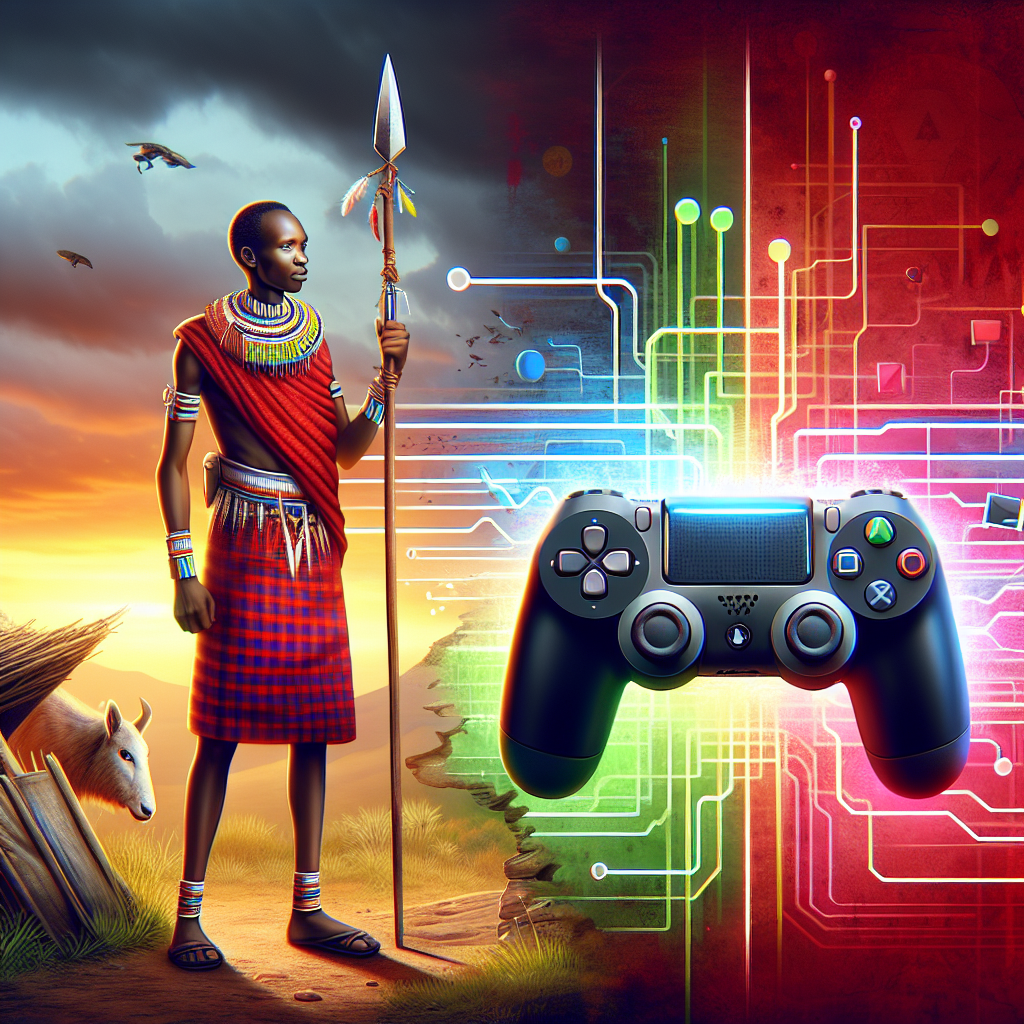Connecting Cultures: The Influence of African Stories on Video Game Narratives
In an increasingly interconnected world, storytelling serves as a fundamental way to bridge cultural divides, impart values, and inspire creativity. While video games have often drawn inspiration from various mythological and historical sources, the influence of African narratives on the gaming industry has begun to come to the forefront. As developers increasingly look to diverse cultural traditions to enrich their narratives, African stories are helping to shape a new wave of video games that blend entertainment with cultural education.
The Rich Tapestry of African Narratives
Africa boasts a rich and diverse tapestry of storytelling, encompassing a multitude of ethnic groups, languages, and traditions. From the ancient tales of trickster figures like Anansi, the spider god from West African folklore, to the wisdom of proverbs passed down through generations, these stories offer intricate moral lessons and a deep sense of community. The vibrancy of African oral traditions, often characterized by rhythm, music, and performance, provides a unique template for storytelling that resonates with players on multiple levels.
Game designers are increasingly recognizing the importance of authentic representation and depth in their narratives. By drawing on these rich cultural narratives, developers not only enhance the gameplay experience but also promote a greater understanding of Africa’s diverse cultures. The integration of African stories can invite players to experience the world from different perspectives, breaking down stereotypes and challenging preconceived notions about the continent.
Spotlighting Iconic Titles
Several video games have begun to incorporate African elements and storytelling techniques, both subtly and overtly. Titles such as "Aurion: Legacy of the Kori-Odan" and "Fearless Fantasy" take direct inspiration from African mythology and culture. In "Aurion," players explore an immersive world based on African folklore and history, where they must navigate the complexities of royal duties, family legacy, and the clash of different powers. This amalgamation of culture and gameplay creates not only an entertaining experience but also an educational one, shedding light on the intricacies of African societal structures.
The acclaimed game "Assassin’s Creed: Origins" explores ancient Egypt, conveying its rich historical context while intertwining gameplay mechanics with narrative elements rooted in Egyptian mythology. This game demonstrates how mainstream developers can engage with African stories, providing players with a captivating journey through time while respecting the cultures being portrayed.
Moreover, indie developers are making significant strides in this area as well. Titles like "The Garden Path" and "Okolo: A Story of a Dreamer" offer fresh, innovative narratives inspired by African folklore, inviting players to immerse themselves in culturally rich environments and complex character relationships.
The Importance of Authenticity and Representation
As the global gaming audience continues to grow, the demand for diverse storytelling is increasingly evident. However, it is crucial for developers to approach African stories with authenticity and respect. Engaging local storytellers, artists, and cultural historians can immensely benefit game developers. Collaborative efforts can ensure that the nuances of the narratives are honored and that the games reflect the actual diversity and complexities of African cultures.
Furthermore, the benefits of representing African stories in gaming extend beyond mere entertainment. By providing players with a deeper understanding of African cultures, game developers can contribute to cultural awareness, foster empathy, and inspire players to explore real-world issues related to identity, community, and heritage.
Conclusion: A Path Forward
As the gaming industry continues to evolve, it stands at the brink of a cultural renaissance. The integration of African stories into video game narratives serves as a vital component in affirming the importance of diverse representation. By embracing these rich narratives, developers can cultivate a gaming landscape that is not only engaging but also reflective of the world’s diverse cultures.
In connecting cultures through the lens of gaming, we have the opportunity to foster an environment where stories from every corner of the globe can come together, enriching the gaming experience while promoting respect, understanding, and appreciation for the stories that shape our identities. As players continue to seek meaningful narratives, the influence of African storytelling will likely become an enduring aspect of the video game landscape, offering pathways to connect, learn, and grow through the power of narrative.




